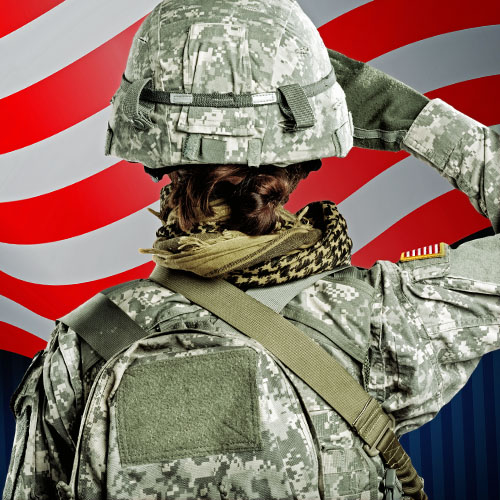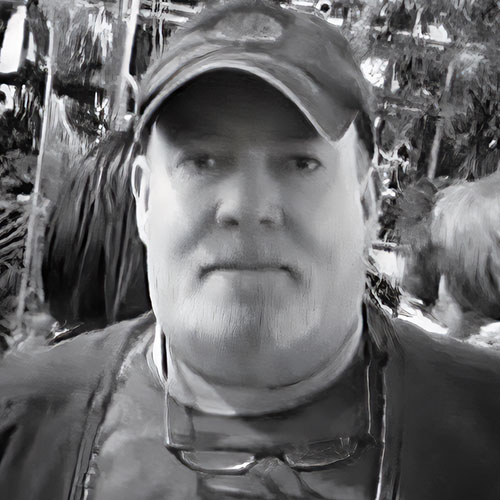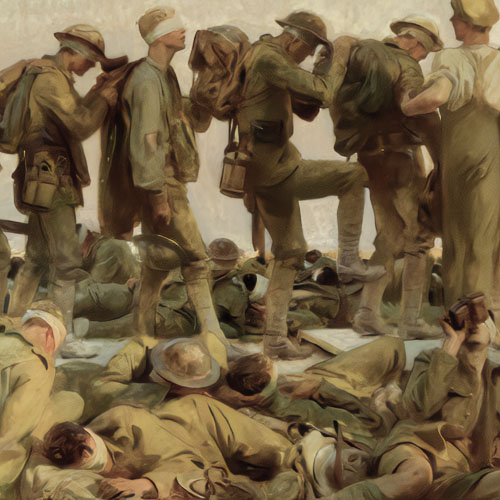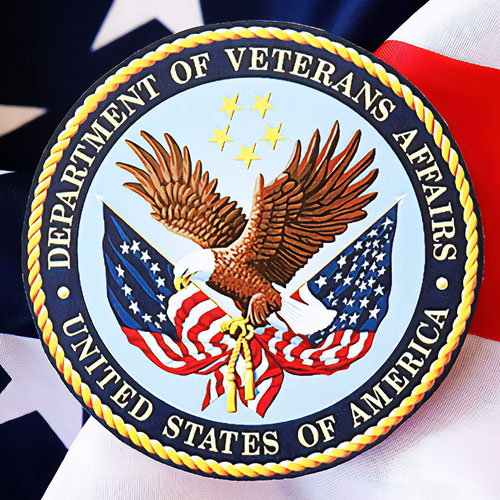Post-combat PTSD has been linked with criminality in a shockingly high percentage of veterans, so what’s being done to help our heroes heal?
Warrior Wire: From PTSD to Prison
James White was just the kind of man the military likes: tough, hardworking and willing to face the fight. Over the course of four grueling tours in Vietnam, he rose through the ranks from a gunner to a helicopter pilot, and then a member of a special operations group. He scouted for missing GIs, conducted reconnaissance into Laos, Cambodia and China, and earned the nickname “Sneaky” after navigating a dense minefield without a scratch. “I would fly and get shot at four to 10 hours every day,” White told me. He returned from one particularly harrowing mission with his copilot’s brain splattered across his flight suit.
“I drank single-malt scotch, a fifth of it every night, just to go to sleep,” he said.
When White left the military after serving for a decade, he had the accessories of an American war hero: He had earned numerous military ribbons and was the first enlisted Marine since World War II to be honored with the Distinguished Flying Cross. Internally, however, he was struggling with untreated mental trauma—and as a result, he was plagued by insomnia, consumed by alcoholism and fueled by adrenaline. He often tested his own will to live, which included taking up skydiving and regularly pulling open his parachute at the last possible second. “When I came home, they said I was a totally different person,” he recalled.
White’s pain was eased when he found companionship in Nancy Napoli. It was love at first sight as he watched her water her lawn. They married in 1978 and settled in Palm Springs, Calif., where White worked as a construction foreman. But according to White, not long into their union, Napoli’s abusive ex-husband began threatening the couple, and then he molested one of Napoli’s daughters from a previous relationship. The pair took out restraining orders against the ex, but reportedly, the man repeatedly violated them. “It was an ongoing war,” White said. “It was either him or me that was going to die. I guess I became the valor.”
Fed up, White dressed in his military fatigues on April 2, 1980, brushed black paint across his face, and drove to the machine shop where the ex worked. Then he shot and killed him.
White would later be diagnosed with post-traumatic stress disorder (PTSD), but his trial occurred just months after this illness was first recognized by the American Psychiatric Association. In court, White was painted as a crazed Vietnam vet, convicted of murder and given a sentence of life without parole.
He is part of a generation of veterans who have languished behind bars as researchers have cemented connections between military mental trauma and behavioral shifts that can lead to run-ins with the law. We now understand PTSD as a disorder that can cause flashbacks, nightmares and hallucinations—and can lead to destructive behavior. According to a 2020 study by the Department of Veterans Affairs (VA), veterans with PTSD are about 60 percent more likely to be caught up in the criminal justice system than those without it.
Studies have also confirmed a long-suspected reality: Incarceration exacerbates mental illness. Yet more than 100,000 veterans remain locked up, a disproportionate number of whom served in Vietnam.
All major American military conflicts—from the Civil War to the invasion of Iraq—have spawned mental health epidemics treated chiefly through punishment and incarceration. But it wasn’t until 1980 that we recognized PTSD, and the Vietnam generation became the first to benefit from a diagnosable condition that could help explain some transgressive behavior. Still, many were swept up in mass incarceration. By 1986, a staggering 20 percent of state prisoners reported prior military service. Two years later, the VA found nearly half of Vietnam veterans with PTSD had been arrested or sent to jail at least once. “When it came to my peers in Vietnam, we became trained killers taught to search out and destroy the enemy,” Floyd “Shad” Meshad, a veteran advocate and friend of White’s, told a reporter in 2018. “And they didn’t de-tune us when we came back.”
White is a living example of how the military—and the public—treats veterans who act on war trauma. And the stigma is even worse for active duty service members facing the military court system, which has exclusive jurisdiction over crimes committed by active members—on or off the battlefield.
Military courts mimic the trappings of the civilian legal system. But, in contrast to civilian courts, military defendants don’t face a jury of their peers; they’re often judged instead by higher-ranking service members handpicked by a general. They can be convicted without the unanimous consent of that jury and have limited avenues for appeal. Many face no trial at all. Instead, they are processed by administrative boards with loose rules about evidence, testimony and the burden of proof. Commanders control cases at nearly every turn, bringing charges, convening the court, supervising prosecutors and picking a jury.
In the military court system, ensuring justice often takes a back seat to competing priorities, particularly the requirement to maintain “good order and discipline.” Sentencing practices are therefore severe and clemency standards narrow. Rampant prejudice against PTSD is exemplified by so-called sanity boards, which are convened to determine whether defendants are mentally fit to stand trial.
Army Major Karl V. Umbrasas, a clinical psychologist, recently analyzed a sampling of service members who had been put through sanity boards—and found that PTSD was almost never treated by the court as the severe mental disease that clinicians deem it to be. “Despite the prevalence of PTSD in the U.S. military, its impact on criminal responsibility in the military justice system is unclear,” he wrote.
For veterans in the civilian legal system, however, there’s hope. One of the largest strides has come through veterans treatment court, the first of which launched in 2008. Today, there are 100 civilian courts in 25 states that provide therapy, mentorship and VA benefits to veterans, including those charged with violent felonies.
While White never enjoyed the compassion of this system, he was given clemency and released from prison in January 2020 at the age of 77. Two days later, he took up the mission of freeing other veterans, work he intends to continue until the day he dies. He corresponds with 300 veteran pen pals locked up across the country, informs them of relevant state laws, helps them fight for parole and connects them to VA benefits once they’re released from prison.
His PTSD makes it impossible for him to get a good night’s sleep, so he conducts much of his advocacy in the wee hours of the morning, following his daily perimeter checks. White begins his messages with his own story and ends on a hopeful note. “I explain who I am, where I served, what I did,” he said. “I want them to know they are talking to a combat vet who knows their experiences. I tell them I did my 40 years, but I came out. I tell them that they can do it. They can hang in there and get it done. It’s important they know someone who has walked in their shoes, so to speak, who’s been able to manage things and be successful. And be free.”
We have covered PTSD a lot over the years in Penthouse, and we plan on continuing to do so until the government steps up to honor its commitments to these broken men. We ran a Penthouse Legacy article on the issue in these very pages. We are rerunning the various help resources available from that article below.
Break the PTSD to Prison Chain
- Swords to plowshares has been helping soldiers, veterans, and their families since 1974.
- The Coalition for Iraq and Afghanistan Veterans forcefully advocates and aids those who fought in these two wars.
- The Coming Home Project is designed to help vets reintegrate into civilian society and to help their families.
- Give an Hour and The Soldiers Project coordinate mental-health professionals who wish to help returning vets
USE THE SERVICES if you need them. Consider donating to them if you do not. It will take us all to win this battle.

















